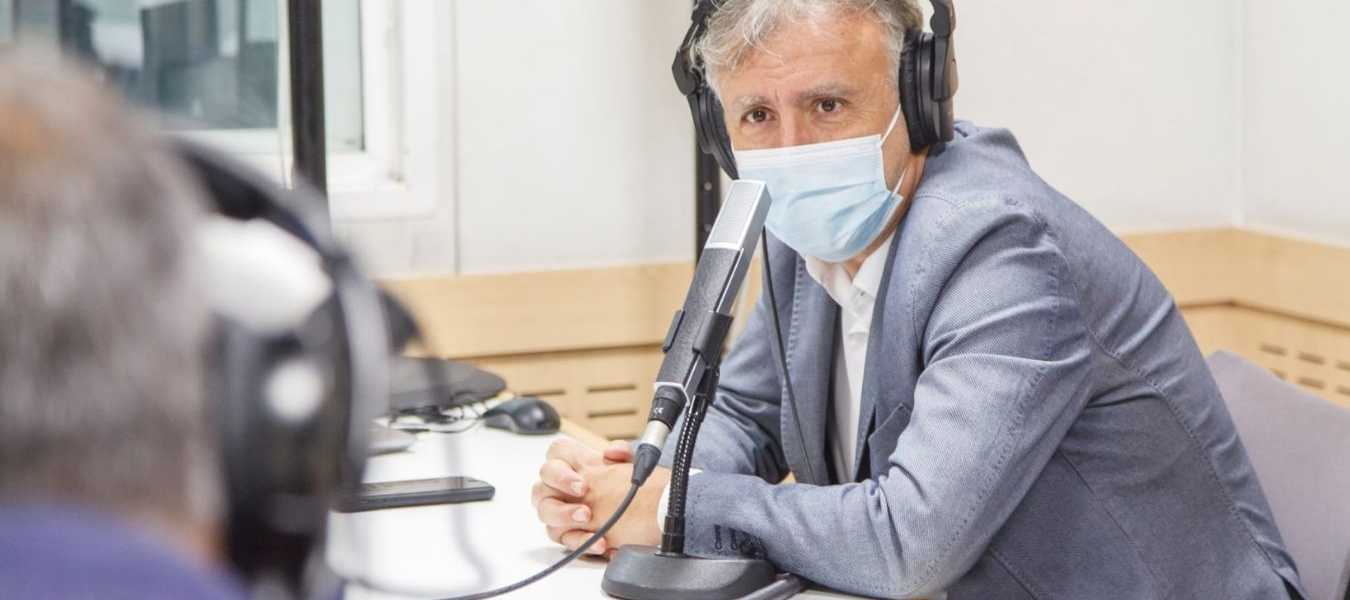The Canary Islands have managed to reduce the average number of people infected by each known coronavirus carrier, the R-rate, to below one, following last month’s resurgence when that all important number had reached, at least at one point, as high as five, which now suggests that measures taken since mid-August, to stop further outbreaks, are seemingly taking effect.
In his Canarias Radio interview this morning, the Canary Islands President, Ángel Víctor Torres, said Gran Canaria, Lanzarote and El Hierro all reached rates of infection higher than 100 per 100,000 inhabitants. For this reason, regulations were reinforced to prohibit groups in gatherings of more than 10 people, rules, among others, which remain in force on those three islands.
Following the closure of nightlife establishment in mid-August, allowing the Canary Islands to reduce the R-rate, outbreaks associated with that sector were no longer detected, but new infections are now focused around the social relations of each person, within their scope of movement.
The Canary Islands Government is to assess this situation on Thursday with the various factors discussed to determine what actions to take for the imminent start of the new school year, September 15 remains their intention and focus trying to ensure that classes are face-to-face whenever possible and, above all, in the first educational levels (Infants and Primary).
“We are all concerned because we want them to be safe and that there are no infections. Can it be said that there will be no contagion in any school on the different islands? I cannot say, it would be stupid to think that there will be no infections in the day to day”, said the president.
However, he added, prevention measures can be taken and therefore specific protocols have been designed, 3,000 more teachers have been hired and auxiliary teaching services have been reinforced, such as cleaning and dining areas, and according to the circumstances, the teachers are going to be screened too”, Torres said.
The President has not ruled out taking different measures on each island, depending on their situation, but he has made it clear what the principle course of action will be: ” Infants and Primary will have priority in face-to-face teaching over Secondary and Baccalaureate. Therefore if, at a certain moment, contagiousness leads to opting for non-face-to-face teaching, it will be the older ones who do not have face-to-face lessons.”













